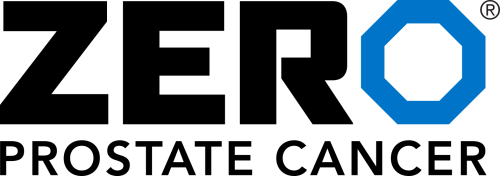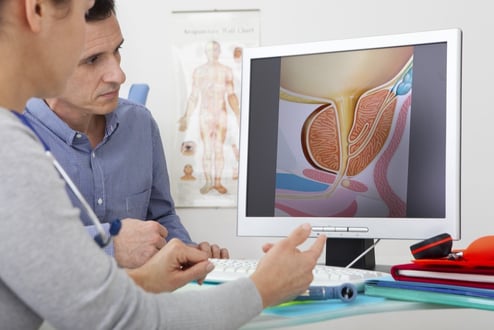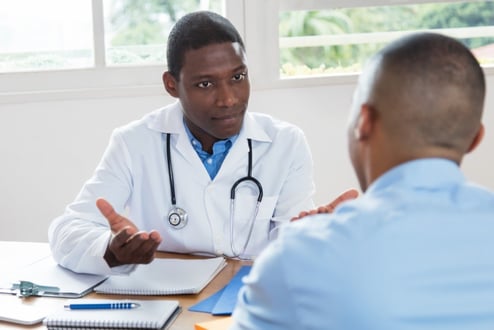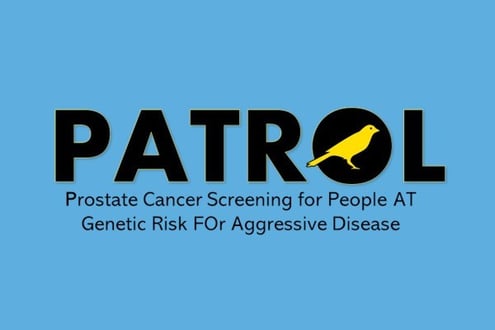Prostate Cancer: Early Detection
Screening for Cancer
This section covers the following topics:
Note that when we use the terms "male" and "men" we are referring to people assigned male at birth.
How do you screen for cancer?
Screening to detect cancer may include a combination of the following:
- Specific Antigen () is a blood test used to screen for cancer.
- digital rectal exam (DRE) involves the doctor inserting a gloved, lubricated finger into the rectum to feel the gland for enlargement or lumps.
- clinical trials are looking at screening using imaging.
What happens if there is an abnormal finding?
If the feels abnormal on exam, or the is high or rising over time, doctors may order a biopsy of the . Doctors may also order imaging tests, such as or additional tests.
What are the benefits and risks of screening?
Although the tests for cancer detection are not invasive, it's important to weigh the benefits and risks of cancer screening.
Risks associated with overscreening
Many experts worry that routine screening in average-risk men can lead to more harm than good. This is because most cancers grow very slowly and are unlikely to spread. When cancer screening finds an abnormality, it may lead to a biopsy—an invasive test that removes a piece of tissue and checks it for cancer. Detecting and treating these slow-growing cancers may not improve health outcomes, while biopsy or treatment can lead to discomfort and side effects.
Benefits of screening in high-risk individuals
Some cancers can be very aggressive, spreading to other organs and increasing the risk of death. Finding these cancers early through screening may help men live longer. These aggressive cancers are more common in:
- Black people
- people with inherited mutations in and and possibly other mutations linked to cancer (note: more research is needed to determine if mutations in other genes cause more aggressive cancers)
- people with a family history of young-onset or aggressive cancer
Other factors that affect the benefits and risks of cancer include:
- age
- overall health
- lifetime risk for cancer
- risk for developing aggressive disease
- personal preferences
Several expert groups have guidelines for cancer screening and each is slightly different. Most experts agree that people should have a discussion with their doctor about cancer screening, which includes:
- their risk for developing cancer
- their risk for developing aggressive disease
- the benefits and harms of cancer screening compared to not screening
Most experts feel that the benefits outweigh the harms, especially for people at high risk for aggressive cancer.
What are the signs of cancer?
All people at high risk for cancer should be educated on the possible signs. However, cancer may not cause any symptoms, especially in its earliest stages. You should report any of the following symptoms to your doctor:
- problems urinating, including a slow or weak urinary stream or the need to urinate more often, especially at night
- blood in the urine or semen
People with more advanced cancer may develop the following symptoms (note: these symptoms do not necessarily mean you have cancer; other conditions can cause the signs listed below):
- trouble getting an erection
- pain in the hips, back or other bones
- weakness or numbness in the legs or feet
- loss of bladder or bowel control
- weight loss
- fatigue
Participate in Research
Visit our Partner





